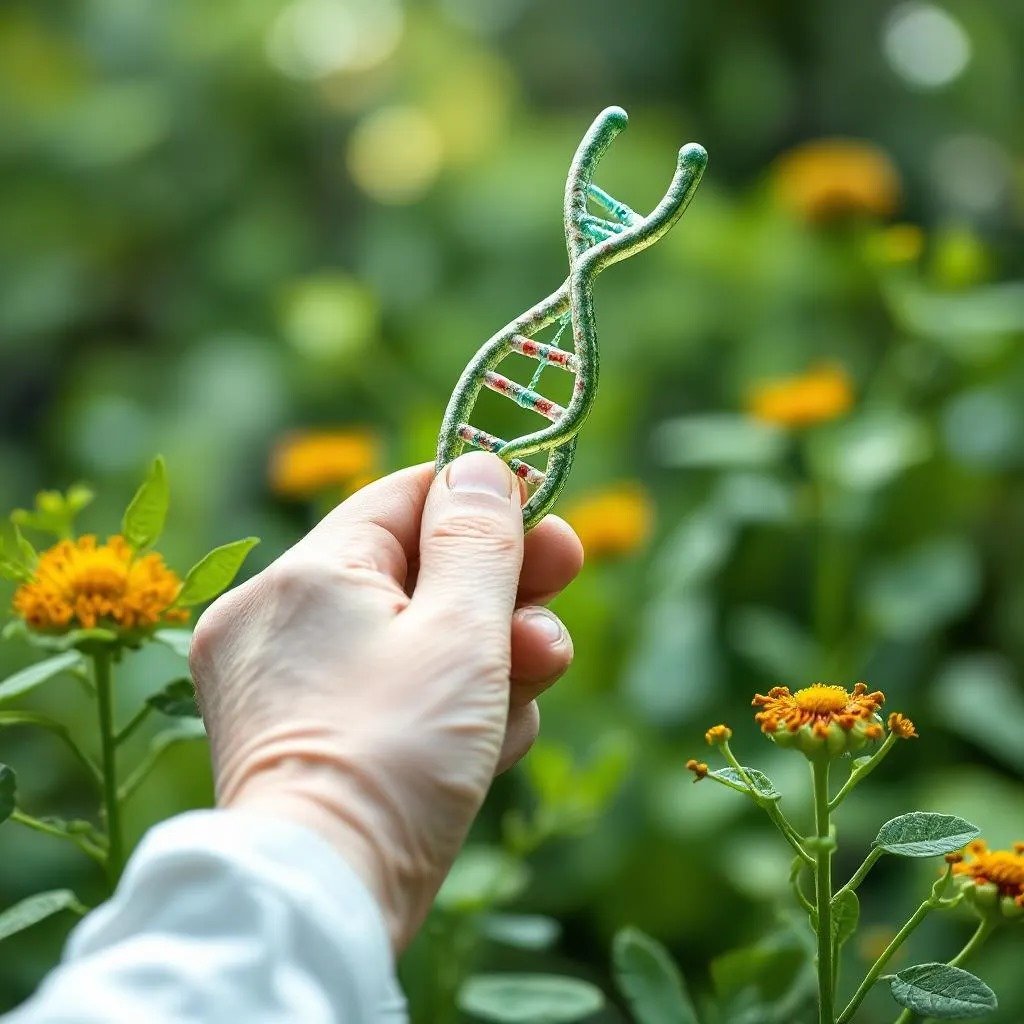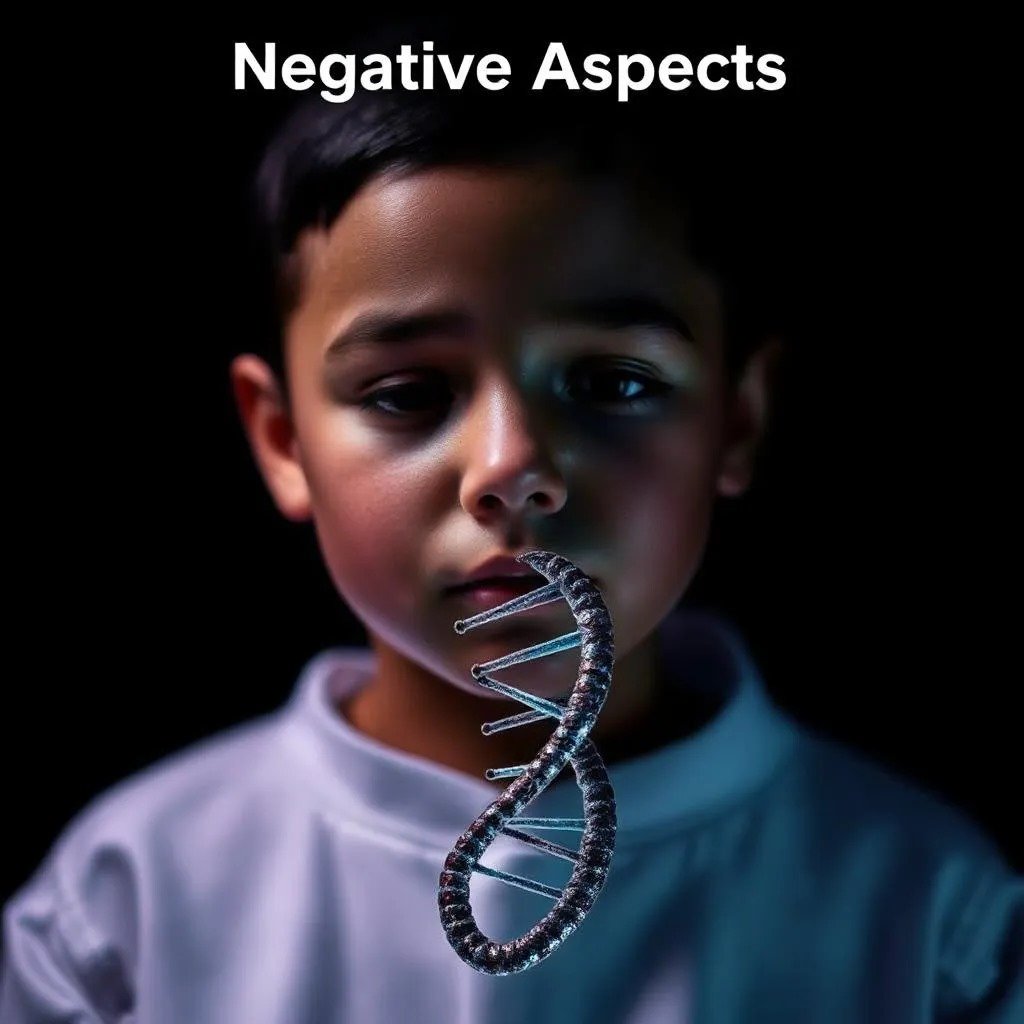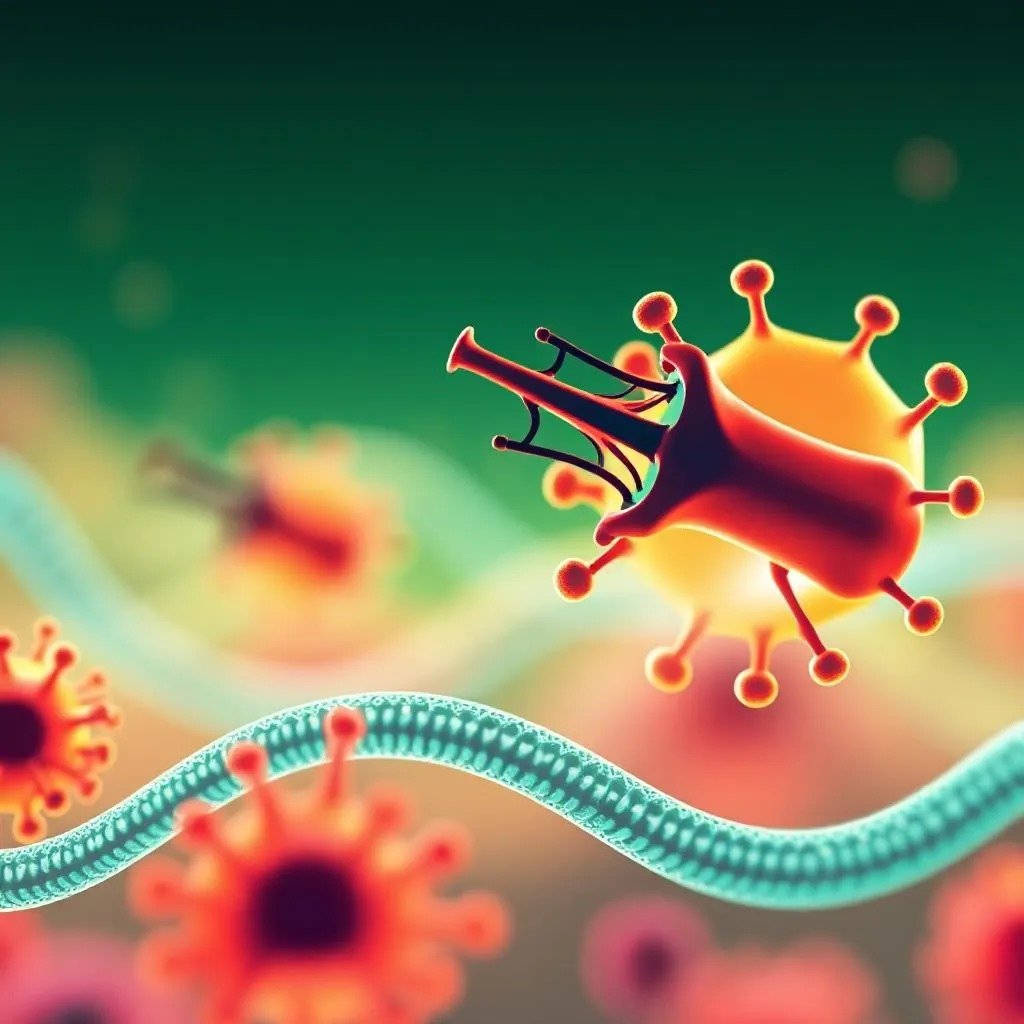In the past decade or more, biotechnology has become a cutting-edge science with enormous potential to deliver solutions to the issues of the world’s health, agriculture, and sustainable environment. Not only are the developments in this area revolutionizing business industries but also promoting the welfare of hundreds of millions. However, these developments have their own problems in the sense of ethical concerns, regulatory issues, and access issues. This article covers the latest advancements in biotechnology and highlights some of the most crucial research projects, collaborative partnerships, and dedicated scientists responsible for such innovations.

The Landscape of Biotechnology Research
Innovative gene editing technologies, specifically CRISPR-Cas9, are among the frontiers in biotechnology innovation. Groundbreaking, this tool enables scientists to edit the DNA of living organisms with high precision, opening a whole new avenue of hope for genetic cures, plant improvement, and beyond. The public was soon aware of the technique’s suitability and performance, drawing up research programs globally.
Key Research Initiatives
1. CRISPR-Cas9 in Genetic Disease Treatment
An example of such groundbreaking research in this area is the work of a team at the University of California, Berkeley, led by Dr. Jennifer Doudna, 60. Doudna, who is a co-inventor of the CRISPR technology, has played a key role in exploring its applications in treating genetic diseases such as sickle cell anemia and muscular dystrophy. In collaboration with researchers at the National Institutes of Health (NIH) and other biotech firms, the project has been generously supported by the U.S. government to the extent of around $20 million spanning several years.
The research began in 2019 and has shown promising results in preclinical trials, demonstrating the ability to correct genetic mutations in animal models. Ethical questions regarding germline editing, nevertheless, have raised controversy with uncertainties regarding the long-term consequences of such an intervention.
2. Synthetic Biology and their Use in Sustainable Agriculture
Synthetic biology, which is the redesigning of organisms to meet useful purposes, is perhaps one of the more thriving fields in biotechnology. One of the most fascinating projects in this field is that of Dr. George Church, 68, at Harvard University. His lab has been working on genetically modified crops that require less in terms of resources but adapt better under climate change conditions. The project has won awards from such organizations as the Bill & Melinda Gates Foundation, which reportedly invested over $15 million for sustainable agricultural outcomes.
The research related to this has been associated with the creation of drought-resistant crops so they can withstand long periods of dry spells, beginning from 2018 onward. Benefits for food security may sound wonderful, but it still remains a very controversial topic with the public and the government regulators regarding GMOs and environmental repercussions.
Collaborative Work in Biotechnology
This expansion in biotechnology is more a product of the collective effort of universities, the government, and private institutions and not an individual’s work. It is this coordination that is directed towards bringing resources, expertise, and financing together to spur innovation.
3.Government Funding and Intervention
Governments everywhere appreciate the potential of biotechnology in solving some of the most important issues like health emergencies and environmental issues. For example, America’s government, through institutions like the NIH and the National Science Foundation (NSF), has invested billions of dollars in biotechnology research. The NIH alone, for example, spent around $42 billion in 2023 alone on biomedical research, much of which was directed towards cutting-edge biotechnological advancements.
In Europe, biotechnology has also received highest priority in the Horizon Europe program by the European Commission worth €95.5 billion to research and innovation between 2021 and 2027. This is spent on funding a number of projects to use biotechnology for health, climate action, and sustainable agriculture.
4. Collaborations with Private Organizations
Biotechnology research is significantly advanced by private enterprises. CRISPR Therapeutics, Editas Medicine, and Moderna are some of the most progress in the science of gene therapies and vaccines. For example, Moderna’s mRNA technology that was discovered first for COVID-19 vaccines is currently being explored for future physiotherapeutic interventions encompassing oncology.
Such firms have a tendency to collaborate with research centers and government research organizations, thus creating a robust innovation system. Such coordination between Moderna and NIH is a shining example of coordination that resulted in path-breaking vaccine creation that saved numerous lives during the pandemic.
The Research and Development Costs
Biotechnology research is expensive. It may take years and millions of dollars to create new medicines or plants. For instance, the estimated average cost of $2.6 billion has been calculated to bring a new medicine to market, including research costs, clinical trials, and regulatory approval costs.
The above-stated projects, such as Dr. Doudna’s and Dr. Church’s, have been expensive to finance but are capable of providing revolutionary outcomes. The financial payback from successful biotechnology achievements can be astronomical, ranging from improved health outcomes to increased agricultural productivity.
Distinguished Researchers and Their Contributions.
The advancement of biotechnology is led by mostly dedicated scientists who’ve devoted their time and talent in trying to solve complex issues. Some of the most notable people in the industry include:
–Dr. Jennifer Doudna (60 years old): Among the top CRISPR scientists, Dr. Doudna’s work has discovered new avenues of genetic study and therapy. Her work has been recognized with numerous awards, including the 2020 Nobel Prize in Chemistry.
-Dr. George Church (68 years old): Best known for his work on synthetic biology and genomics, Dr. Church’s achievements are centered on solving significant problems in the world in medicine and food security. Co-founder of many biotech companies, he remains an industry leader today.
–Dr. Emmanuelle Charpentier (age 55): One of the co-inventors of the CRISPR technology, Dr.
Charpentier’s area of research is finding out more about the mechanisms of gene editing. Her work has contributed significantly to the advancement of the applications of CRISPR.
–Dr. Katalin Karikó (68): Dr. Karikó is one of the key developers of mRNA technology. Her research has been central to the rapid creation of COVID-19 vaccines. Her achievement is a demonstration of the capacity of biotechnology to respond to urgent health crises.
The Two Faces of Biotechnology: Promise and Challenges
While the advancement of biotechnology presents a number of opportunities, it also comes with challenges that need to be addressed. Ethical concerns regarding gene editing, access to treatment, and environmental impact of genetically modified organisms are critical issues that need to be considered seriously.
The Positive Aspects
The potential for biotechnology is gigantic. Genes can be edited and synthetic biology technology developed to ensure healthcare advancements, green agriculture, and an ecologically sustainable environment. Biotechnology can make crops more adaptive to climate and allow a growing population throughout our world access to food, for one example.
Moreover, personalized medicine can be promoted by creating targeted therapies that improve patient outcomes, reducing trial-and-error in standard treatments. The rapid response to the COVID-19 pandemic with mRNA vaccines demonstrates the capability of biotechnology in addressing critical health concerns in a timely manner.

Negative Aspects
Nevertheless, the rapid pace at which biotechnologies evolve has already raised ethical concerns regarding the significance of the ability to distinguish among humans on a genetic level. The issue of designer babies, where individuals choose characteristics for children, invokes the dark ethics of it all. Second, heightened unequal access to biotechnological innovations may enhance health inequities. Control mechanisms need to keep pace with technological development to identify and resolve safety concerns and ethical aspects. Public acceptance and transparency will also be required to assure communities and establish trust in biotechnology-derived products.
The Road Ahead: A Cooperative Future
The future of biotechnology, in the long run, will rely upon the constant cooperation of researchers, as well as governments and private institutions. Through cooperation, stakeholders can maximize the benefits of technological advances and address problems associated with them.
Education and public enlightenment through investment is needed to ensure that society appreciates the potential and limitations of biotechnology. Public engagement in debating ethics and regulations for the practice will be of utmost importance in shaping the destiny of this practice.
Biotechnology’s evolution can change healthcare, agriculture, and environmental stewardship. By collaborating and leveraging innovation, humankind can invent a future where biotechnology is developed as a force for good for all of humanity.

Conclusion: Welcoming the New Era of Biotechnology
Biotechnology is indeed an amazing overlap of science and ethics and human need. As scientists like Dr. Church and Dr. Doudna, and a multitude of others, expand the horizons of this work, the framing of academia, government, and industry collaboration needed to thoughtfully utilize and translate these innovations into solutions will be absolutely imperative. Although there are challenges facing biotechnology, we cannot underestimate its potential for health, food security, and sustainability. If we take a step into an ethically based future that comes from responsible innovation, we can ensure that biotechnology is now a vehicle for helping solve the world’s most significant challenges for generations to come.

